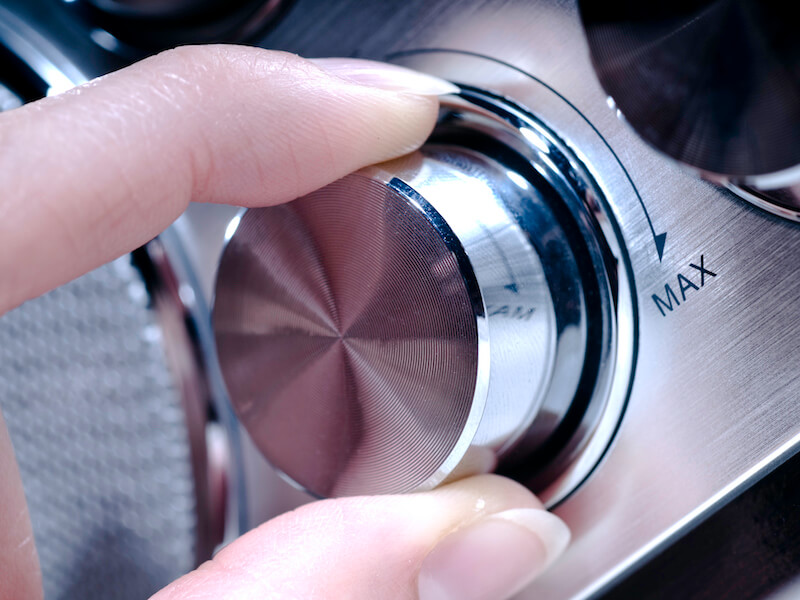
Sometimes, it’s easy to know when you need medical advice. You know you need to go see a doctor right away if you break your leg, for example. With situations like this, simply “toughing it out” isn’t a possibility. At least, not for that long (particularly if you want your bones to mend themselves properly).
It isn’t always that obvious in terms of hearing aids, however. Hearing loss normally advances really slowly over time. This means knowing when to get treatment for hearing loss can be tricky.
So keeping an eye out for indications that your hearing is going is a good plan. It’s probably time to call us for a consultation if you do detect any.
Hearing loss and hearing aids
Hearing aids are the primary method of treatment for hearing loss. But everybody who has some level of hearing loss won’t automatically need hearing aids. Hearing aids won’t always be practical in cases of mild hearing loss. As a result, we may want you to wait before beginning to use them. It’s also feasible that we could advise you to only wear your hearing aids when you’re in particular situations.
Essentially, the threshold for requiring hearing aids is not always a hearing loss diagnosis.
However, hearing aids will be the ideal solution in many instances. Because hearing loss can be a sneaky and gradual condition, lots of people don’t get a diagnosis until there’s been considerable damage. But if you come in for a hearing exam regularly, you might be able to catch your hearing loss early, and, as a result, you may not require hearing aids immediately.
So how will you know if you have hearing loss?
Signs you need a hearing aid
Instant communication issues can be the consequence of hearing loss. The interesting thing, though, is that you don’t always comprehend that those communication challenges are due to hearing loss. So, when is it time for a hearing aid?
Here are some of the typical signs you should look out for:
- When you’re in noisy locations, you have a hard time following conversations: This is probably one of the most prevailing symptoms of hearing loss. One of the surest signs of hearing loss is that you have trouble following conversations in noisy locations, like bars or restaurants. That’s because your brain has difficulty filling in the missing information that you lose when you have hearing impairment. A lot of conversations get muffled as a result.
- When people speak, you can’t always understand what they said: Many people don’t think they have hearing loss or need hearing aids because the total volume they hear seems fine. But hearing loss is curious, it tends to affect specific frequencies before others. Which means that the vast majority of sounds could seem normal but things in the high frequencies (like particular vowels) will be distorted. As a result, you may have a hard time making out what people are saying to you.
- Phone conversations sound muffled: Voices usually sound a bit flat on even high-quality phone speakers. That can make it difficult to understand, particularly if you have hearing loss. It can be really difficult to hear voices as a result of the loss of these frequencies.
- The volume on your devices is becoming very loud: If you’re constantly turning the volume up on your television or radio or smartphone, it might be due to hearing loss. This is especially true if you keep moving that volume knob higher (and even more especially relevant if the people around you complain about how loud your media is).
So what should you do?
When you break your leg, it’s obvious what to do: you go see the doctor! But what do you do when you start to experience the symptoms of hearing loss? What degree of hearing loss requires hearing aids? That isn’t a very easy answer but you should make an appointment with us for a hearing test if you begin to experience any hearing loss symptoms. We will be able to let you know how severe your hearing loss is.
And if you do wind up needing hearing aids, a hearing assessment will help identify the best device for your hearing needs. Then you will be able to get back to enjoying good conversations with your friends and family members and doing the things you love.
Call us for a hearing exam so we can help you improve your quality of life.